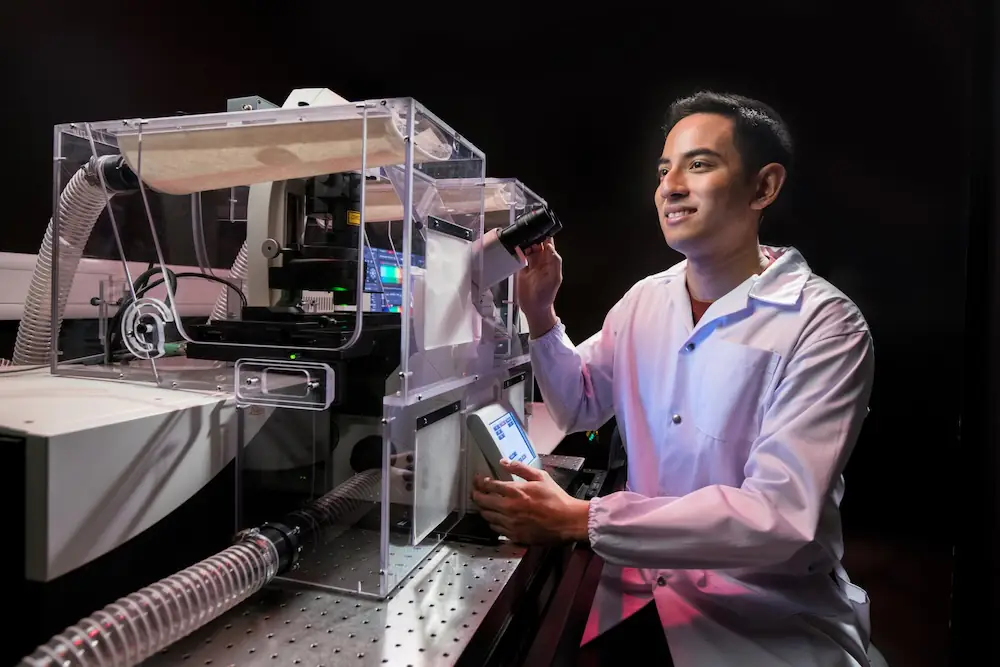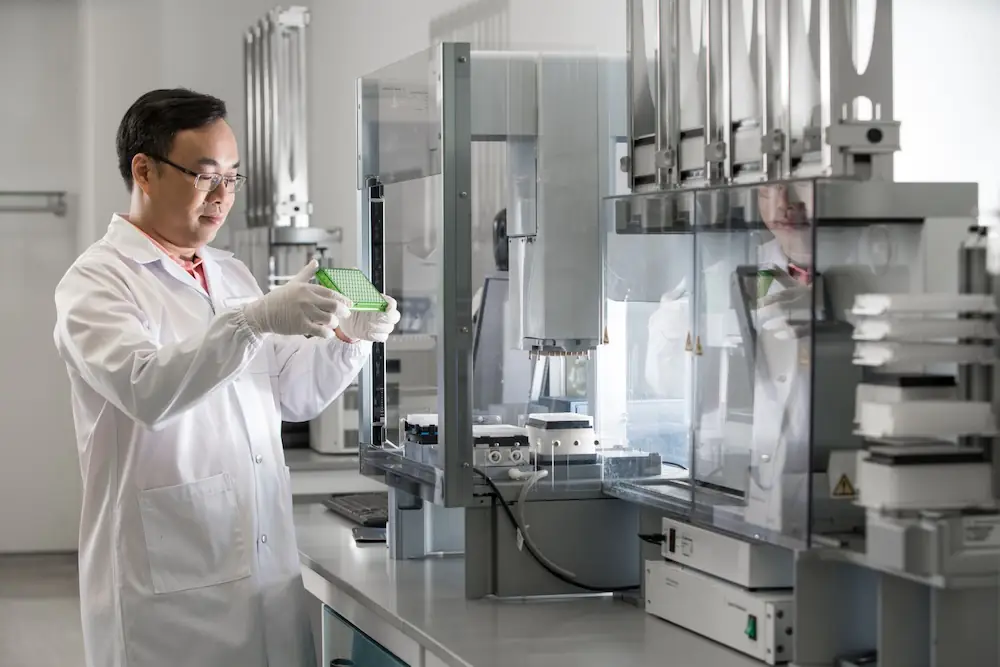Biofilm Biology
Specialising In
- Biofilm formation and dispersal
- Biofilm matrix
- Host-microbe interactions
- Microbial signalling
- Human microbiome research
The Research
The Biofilm Biology cluster investigates biofilm formation and resistance mechanisms using advanced biofilm-specific assays, molecular-based systems, and high-resolution imaging technologies, focusing on the core principles of biofilm biology. The research employs facilities like SCELSE’s Advanced Biofilm Imaging Facility (ABIF), which provides cutting-edge microscopy tools for detailed biofilm structure analysis. Additionally, next-generation sequencing and bioinformatics platforms are utilised to study gene expression and interactions within biofilm communities.
The cluster investigates the interactions between biofilms and host tissues using state-of-the-art facilities like the L’Oréal-SCELSE joint laboratory. This project uses experimental model host-microbe systems, advanced microscopy, high-throughput sequencing, and bioinformatics tools to study the skin microbiome and its impact on host health. The project employs synthetic microbial communities and clinical studies to understand interspecies interactions and develop therapeutic strategies targeting microbiome health.


The Goal
The Biofilm Biology cluster is developing new strategies for controlling and harnessing microbial biofilms, to improve public health, enhance environmental sustainability, and support R&D applications.
-
Develop biofilm control strategies
Create innovative methods to prevent and disrupt harmful biofilm formation in medical, industrial, and environmental settings using principles of biofilm biology.
-
Enhance public health
Investigate biofilm-related infections and antibiotic resistance to develop effective treatments and improve health outcomes.
-
Promote environmental sustainability in urban and coastal settings
Study biofilms in natural and engineered environments to enhance ecosystem health and resilience.
Core research themes Biofilm Biology cluster researchers participate in:
- Host Microbiome (Holobiont) Interactions
- Biofilm Biology, Mechanisms & Ecology
- Microbiomes In Food Production
- Biofilm Detection & Control
- Marine Biofilms & Microbiomes
Publications

Enquire now!